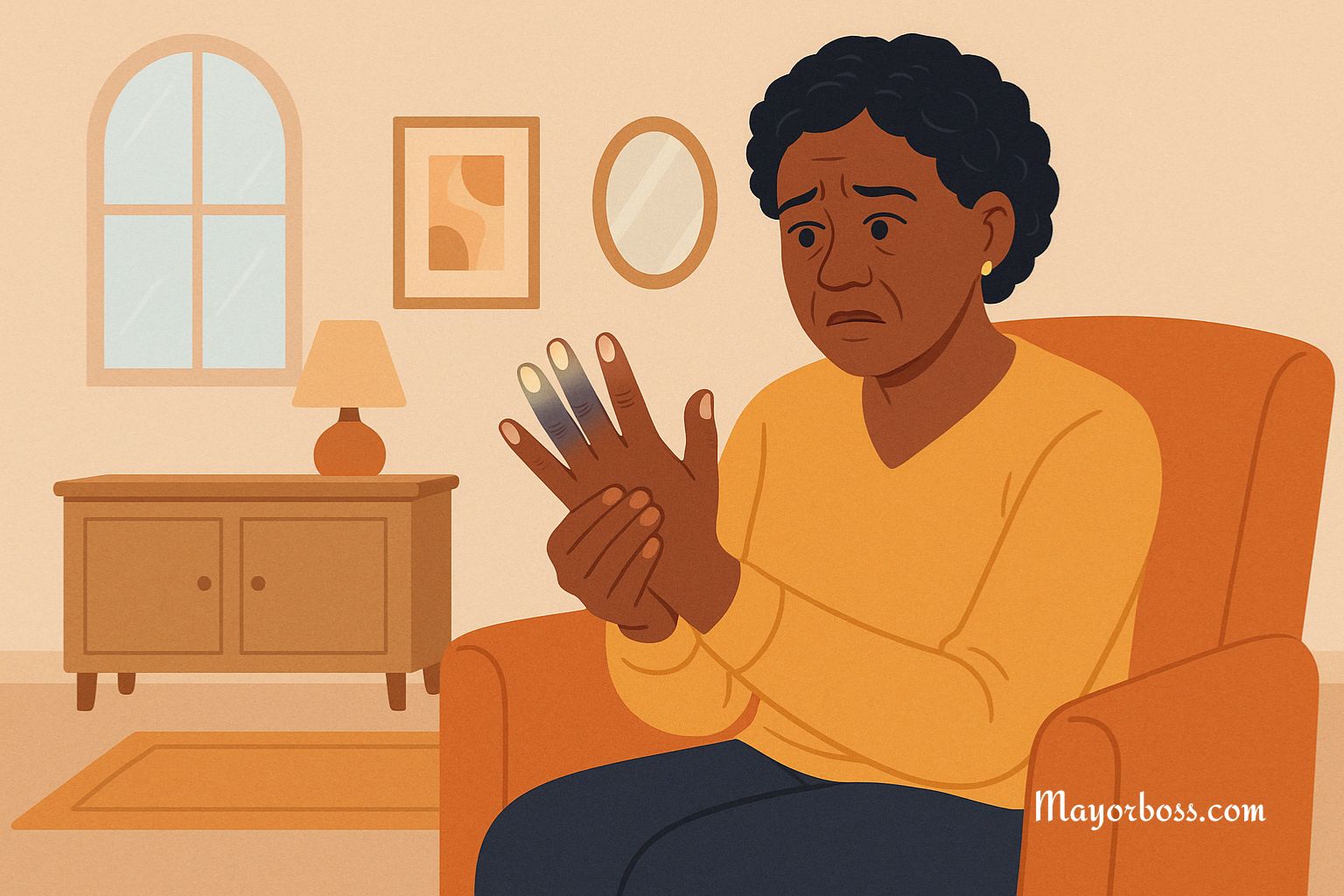10 Surprising Facts About UTIs
Urinary Tract Infections, or as you might often hear them referred to, UTIs, are a common yet often misunderstood health concern. In this article, you will discover surprising facts about UTIs, shedding light on this pervasive condition. So let’s get to it.
1. UTIs Are Extremely Common
One of the first things to understand is just how common UTIs are. Almost always, when speaking of frequent bacterial infections, UTIs come to mind. In fact, a study in the American Journal of Medicine estimates that at least one in 3 women will have at least one UTI in her lifetime. That’s a staggering number.
2. Men Get UTIs Too
Although it’s often assumed that UTIs are a women’s health issue, that’s not the whole story. Men can and do get UTIs. The common feature is the urinary tract, which both sexes possess. While also acknowledging that men have a lower risk due to anatomical differences, it’s crucial to be aware that UTIs do not discriminate based on gender.
3. Not All UTIs Display Symptoms
Here’s another surprising fact about UTIs – not all of them display symptoms. Can you have a UTI without knowing it? Absolutely. In fact, many UTIs are “asymptomatic UTIs,” these infections can persist without tell-tale signs like pain or frequent urination. This is a common occurrence, especially in older adults, and emphasizes the importance of regular check-ups.
4. UTIs Can Lead to Serious Complications If Left Untreated
If left untreated, UTIs can lead to serious complications. One study in the Journal of Urology showed that severe cases could result in kidney damage or sepsis, a life-threatening response to infection. So, it’s crucial to seek medical attention if you suspect a UTI.
5. Certain Factors Increase the Risk of UTIs
There are various factors that increase your risk of getting a UTI. Among these are being sexually active, being post-menopausal, having urinary tract abnormalities, and using certain types of birth control. Being informed about these risk factors can help in the prevention of UTIs.
6. Hydration Helps Prevent UTIs
In addition to understanding risk factors, it’s also beneficial to know preventive measures. Hydration, for instance, can significantly reduce the likelihood of developing a UTI. Drinking plenty of water dilutes the urine and makes you urinate more often, thus, cleaning bacteria out of the urinary tract before an infection can start.
7. Antibiotics Are the Usual Treatment
The most common treatment for UTIs is antibiotics. Twice daily doses for a prescribed period can usually clear up the infection. But, as with all antibiotics, it’s important to complete the full course of treatment, even if symptoms improve before the medication is finished.
8. UTIs Can Be Recurrent
Another fact about UTIs that might surprise you is their tendency to recur. For some, UTIs are not a one-time occurrence but a chronic problem. In these cases, more intensive treatment methods or preventive measures may be needed.
9. Certain Foods and Drinks Can Aggravate UTIs
It’s not just medical conditions and lifestyle factors that can influence UTIs. Certain foods and drinks, like soda, caffeine, spicy foods, artificial sweeteners, and alcohol, can irritate your bladder and possibly aggravate a UTI.
10. UTIs Cannot Be Treated with Home Remedies
While there are numerous home remedies suggested for treating UTIs, none have been proven to be effective substitutes for medical treatment. This includes the widely believed notion that cranberry juice can cure UTIs. While cranberries contain a substance that prevents bacteria from adhering to the urinary tract walls, the juice is not potent enough to cure an infection. If you suspect a UTI, your best course of action is to seek professional medical advice.
Final Thoughts
These surprising facts about UTIs highlight how common and complex this health concern is. By better understanding UTIs, you can help prevent and effectively treat these infections. Remember, although home remedies might seem appealing, they are not substitutes for professional medical care. So, always consult your doctor or a Urologist if you suspect a UTI.
Further reading: 12 Home Remedies for UTI (Urinary Tract Infection)






